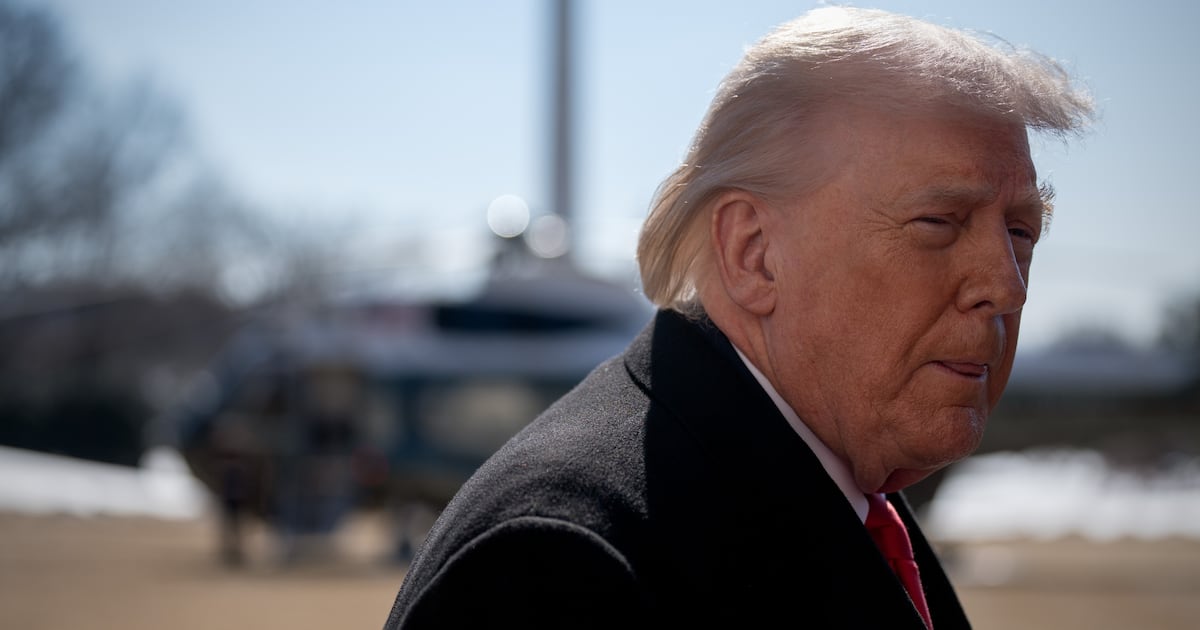A group of robotics companies including Boston Dynamics have signed an open letter promising never to weaponize their robots—while calling on their peers to do the same.
The plea was published on Thursday and signed by six robotics companies: Boston Dynamics, Agility Robotics, ANYbotics, Clearpath Robotics, Open Robotics, and Unitree. The group lays out the case that general-purpose robots “offer the possibility of misuse” and that the industry should be concerned with bad actors weaponizing the machines.
“We believe that adding weapons to robots that are remotely or autonomously operated, widely available to the public, and capable of navigating to previously inaccessible locations where people live and work, raises new risks of harm and serious ethical issues,” the letter reads. “Weaponized applications of these newly-capable robots will also harm public trust in the technology in ways that damage the tremendous benefits they will bring to society.”
The letter offers little in the way of specifics. However, the authors do pledge never to weaponize their “advanced-mobility general-purpose” robots and “not support others to do so.” They add that they’ll also review their customers’ intended uses of their robots in order to prevent possible weaponization, and also research potential technology in order to reduce the risks.
One of the more interesting parts, though, comes towards the end. The authors say that they don’t take “issue with technologies that nations and their government agencies use to defend themselves and uphold their laws.” That seems to imply that, while they won’t support weaponized robots in the future, they’re also fine with the current weaponized machines used by governing bodies.
We’ve already seen instances where the NYPD used Boston Dynamics’ robot dog as part of their policing efforts. Companies like Ghost Robotics (who did not sign the letter) have already created and deployed robots to patrol the U.S.-Mexico border, guard U.S. Air Force bases, and run around with massive guns mounted on their backs.
We’ve also seen a robot dog mounted with an assault rifle in Russia bearing the insignia of the country’s military this past summer. A robot outfitted with an M-81 grenade launcher was also unveiled at a Russian arms convention just last month.
While the signers of the letter aren’t involved in Ghost Robotics or the other weaponization efforts, it’s still clear that their designs—particularly those of Boston Dynamics—have been used to create machines capable of enacting deadly force. Is it okay if nations and government agencies use them, then, to “defend themselves and uphold their laws?”
The question of how these companies are defining “weaponization” is also very unclear. While it’s safe to assume they mean adding targeting systems and weapons onto the robots, they don’t say if it extends to other ways their machines can be misused.
For example, robot dogs being used in policing efforts could still be weaponized even if they don’t have machine guns mounted to their back. Look no further than the problematic and harmful policing practices that are currently in place that disproportionately target marginalized communities. A Boston Dynamics robot being used to enforce these practices is weaponized.

Ghost Robotics has already inked a deal with the U.S. Border Patrol to deploy and test robots on the Mexico border.
Ghost RoboticsPerhaps the most bleak aspect of this letter, though, is that it’s likely going to have very little impact on the weaponization of robots in the future. The technology is out there. You can’t put this knowledge back into a box. Once SkyNet goes live, judgment day is inevitable.
Doomerism aside, there is some hope. The authors acknowledge that their commitment isn’t enough to mitigate the risks of weaponized robots and they “call on policymakers” to “promote safe use of these robots and prohibit their misuse.”
Nation states and governing bodies like the United Nations should agree on a set of international regulations in order to limit and put guard rails on these types of technologies. But knowing our history of being unable to agree with even the most basic facets of reality like climate change—not to mention our bloated defense budgets and blank checks to fund new weapons—we wouldn’t hold our breath.






